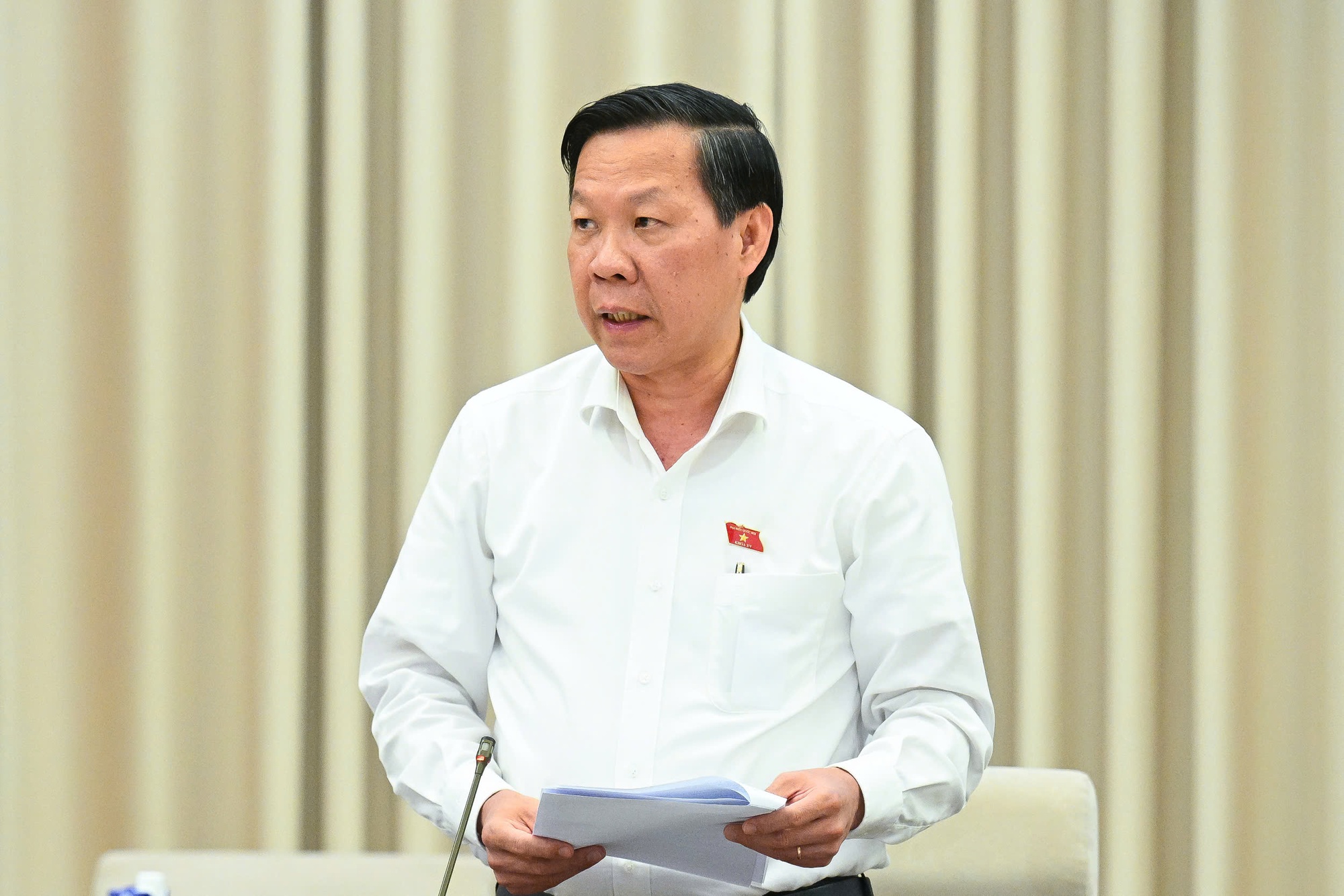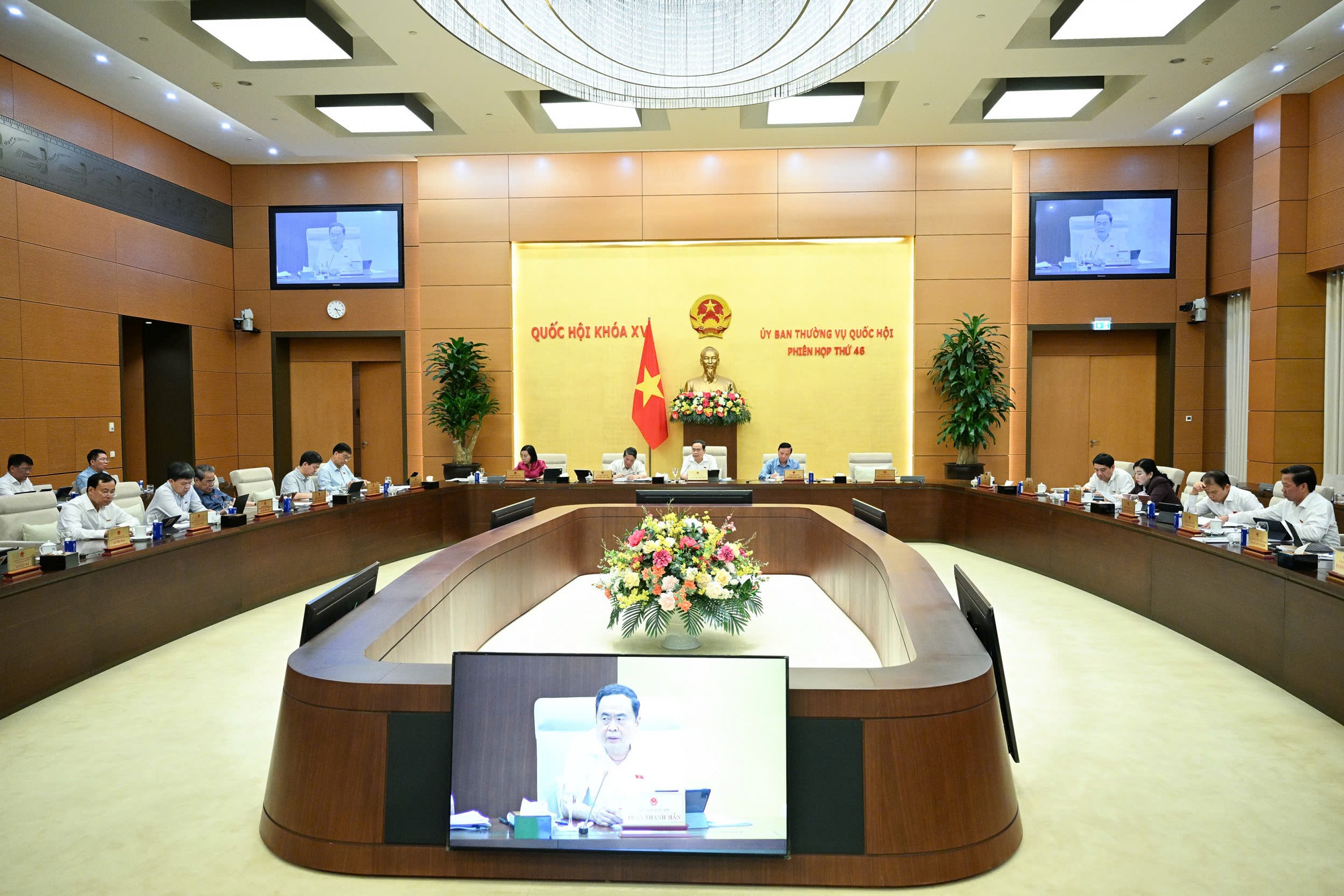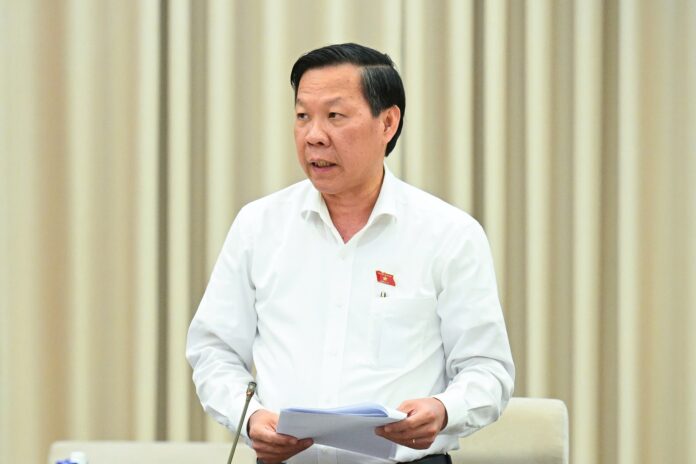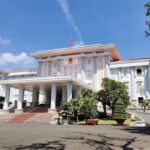On June 6th, the 46th session of the National Assembly’s Standing Committee continued with discussions on the Law on Management and Investment of State Capital in Enterprises.
Enhancing Enterprise Autonomy and Accountability
As reported by Phan Van Mai, Chairman of the Committee for Economic and Financial Affairs, the draft law comprises 8 chapters and 59 articles. It clearly outlines the rights and responsibilities of enterprises regarding their business strategies, annual business plans, capital mobilization, and investment decisions, among other aspects.

Chairman of the Committee for Economic and Financial Affairs, Phan Van Mai (Photo: Media Congress)
The provisions in the draft law demonstrate an enhanced balance between enterprise autonomy and accountability, alongside ensuring the state’s management role as an owner at an appropriate level.
Notably, regarding the scope of application, some suggestions proposed including enterprises with capital investment from political organizations, the Fatherland Front, and socio-political organizations within the law’s jurisdiction.
Mr. Mai stated, “However, the Committee believes that these enterprises utilize mixed capital sources, not solely state capital. Hence, including them would contradict the law’s objective. Instead, Article 56 of the draft addresses these organizations, allowing them to apply the law for investment and capital management, with detailed guidance delegated to the government.”
Concerning enterprise investment activities, there were suggestions to consider prohibiting all state-owned enterprises from investing in real estate, except for large state-owned enterprises.
According to Mr. Mai’s report, such a restrictive approach would hinder enterprises’ autonomy in their business operations. It also contradicts the Party’s direction on renovating and improving the efficiency of state-owned enterprises, aiming to eliminate the mindset of “regulate or restrict if unable to manage.”
He further explained, “Enterprises with state capital are entitled to conduct business activities compliant with legal provisions and the state’s orientation as an owner, as reflected in their charters and business strategies. Therefore, the Committee for Economic and Financial Affairs and the drafting agency did not include this content in the draft law.”
Scrutinizing and Clarifying Concepts
Chairman of the National Assembly Tran Thanh Man requested a thorough review of the technical aspects within each clause, article, and chapter of the draft law to avoid duplication.
Regarding state capital investment in enterprises, he suggested that the detailed regulations accompanying the law should clarify concepts such as investing state capital in high-tech enterprises, large-scale investments, and their role in accelerating the development of other sectors and the economy as a whole.

Scene from the meeting (Photo: Media Congress)
On the matter of capital preservation and development, the Chairman emphasized the need for more precise and stringent regulations. He suggested incorporating content from Resolution No. 57, which includes a policy to waive accountability in cases of economic losses due to objective causes during the experimentation of new technologies and business models.
Additionally, he recommended including content from Resolution No. 68, which provides a legal framework for controlled experimentation with new technologies, products, services, and economic models.
The draft law outlines five forms of state capital investment in enterprises, with the Chairman proposing that the detailed regulations clarify concepts related to investing in high-tech enterprises and large-scale investments.
This clarification aims to catalyze the rapid development of other sectors and the economy, focusing on key and essential sectors, and investing capital in enterprises to restructure the economy.
Concluding the session, Vice Chairman of the National Assembly Nguyen Duc Hai stated that the National Assembly Standing Committee requested relevant agencies to study and refine the law project to ensure its quality before presenting it to the National Assembly for consideration.
“The State Capital Investment and Management Law: Ensuring SOEs Operate Within Market Mechanisms”
The proposed Law on State Capital Management and Investment in Enterprises aims to empower businesses by affording them greater autonomy in specific areas. Instead of prescribing detailed regulations on “capital and asset utilization within enterprises,” the law takes a more holistic approach. It entrusts businesses with the responsibility to make decisions on matters such as state capital investment, capital mobilization, asset acquisition and disposal, and debt management. This shift in focus empowers enterprises to chart their own course and make strategic decisions that align with their unique goals and market dynamics.
The Cash Flows Strongly into the Banks
According to the latest data released by the State Bank of Vietnam, resident deposits reached over VND 6,920 trillion by the end of August 2024, a 6% increase compared to the end of 2023. This significant growth showcases the thriving economy and the confidence of residents in the country’s financial system.
The City of Ho Chi Minh Seeks the Prime Minister’s Guidance on the New Draft Land Price Table
By early next week, the People’s Committee of Ho Chi Minh City is expected to submit a report and seek the Prime Minister’s, Ministry of Natural Resources and Environment’s, and Ministry of Finance’s guidance to address the concerns of residents who have submitted applications for land-use conversion and land-use right certificates since August 1 but are currently in limbo.
Proposed Title: “Inspectorate Recommends Disciplinary Action for Collective and Individual Leaders of Gia Lai Provincial People’s Committee”
The Government Inspectorate has issued a Notification of Inspection Conclusion on the inspection of the People’s Committee of Gia Lai province’s responsibilities in managing and utilizing agricultural and forestry land, as well as regulating the exploitation of sand, soil, stone, and gravel, and overseeing construction investment in the province.




















